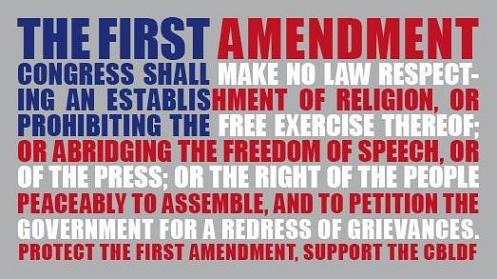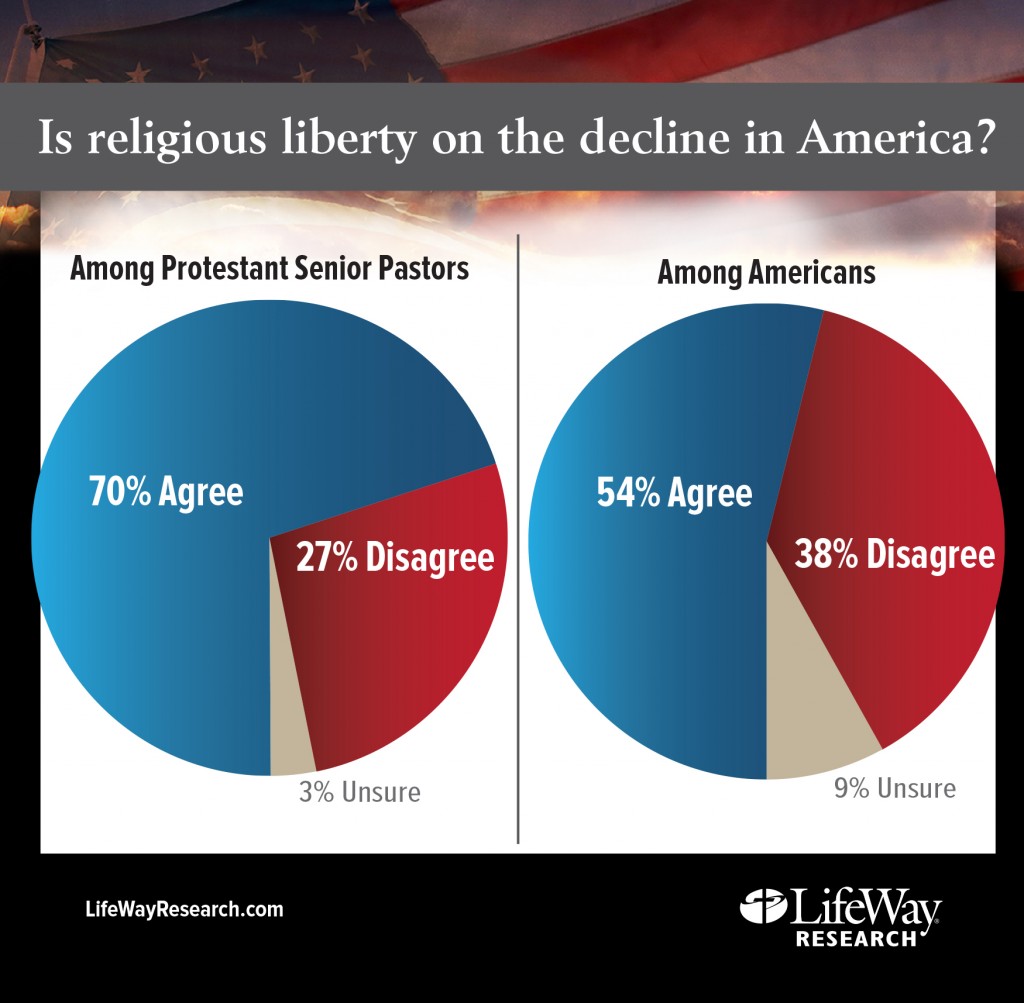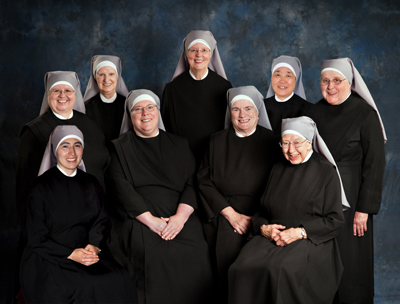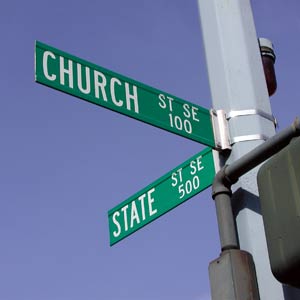The following information cannot be examined too many times during the media storm that has followed the so-called Hobby Lobby decision by the U.S. Supreme Court.
Back in 1993, early in the right-wing reign of terror led by the Clinton White House, the U.S. Senate voted 97-3 to pass the Religious Freedom Restoration Act. The “nay” votes were cast by two Democrats and one Republican, each hailing from somewhere on the political right. Taking a stand in favor of a traditional, “liberal” approach to religious freedom — no scare quotes needed back then — was not controversial.
I urge journalists covering First Amendment issues today to study this graphic from that now-distant age.
This must be contrasted with the 56-43 vote the other day — a mere four votes shy of cloture — to bring a bill to the floor that would have, for all practical purposes, reversed the Hobby Lobby decision.
What has happened in the past two decades? What turned religious liberty into “religious liberty”?
This is one of the most compelling political questions of our day. This mystery is one reason that I have, in recent years, been asking the following question: What should journalists call a person who waffles on free speech, waffles on freedom of association and waffles on religious liberty?
The answer: I still don’t know, but the accurate term to describe this person — in the history of American political thought — is not “liberal.” Defense of basic First Amendment rights has long been the essence of American liberalism.
This brings me to the top of a new Los Angeles Times story that perfectly demonstrates the degree to which standard political labels are being mangled in our culture’s current meltdown on sex and religion. The lede:
The Supreme Court’s controversial Hobby Lobby decision has thrust a once-little-known boutique law firm into the center of a growing conservative movement to make faith-based exemptions as potent a legal tool as free speech has been for liberals.














